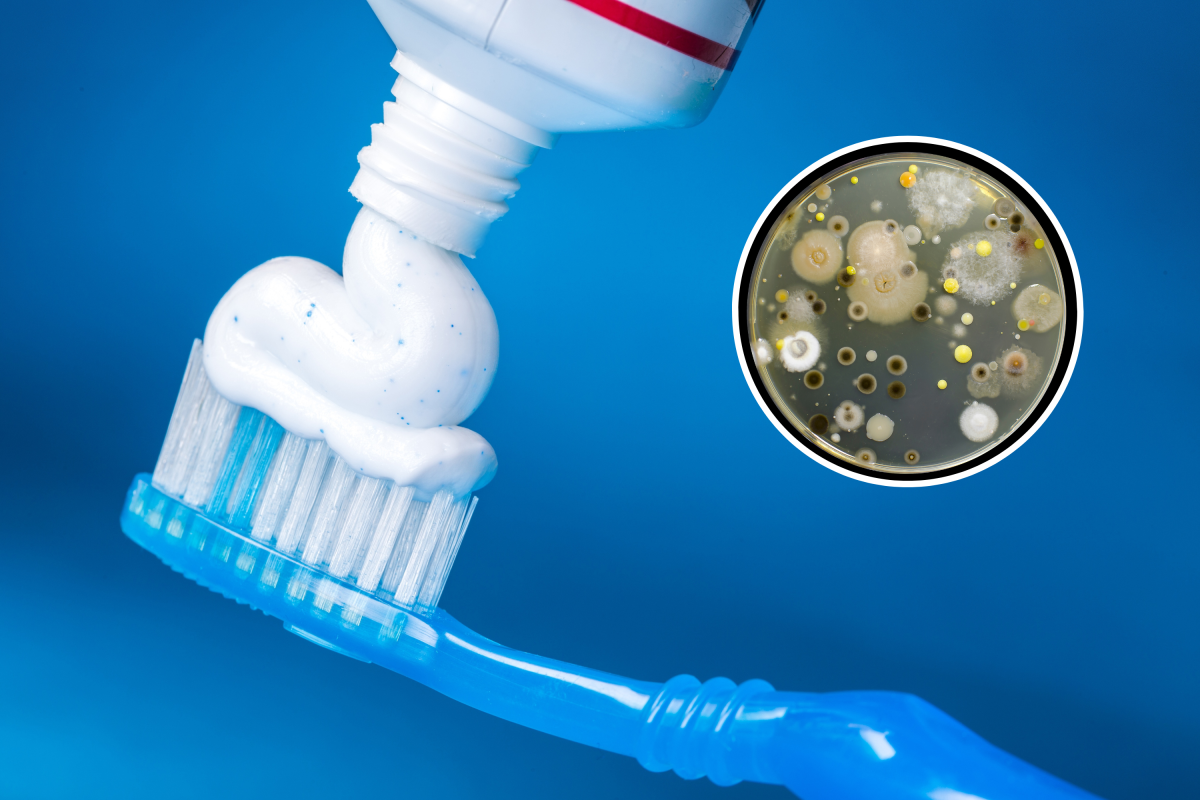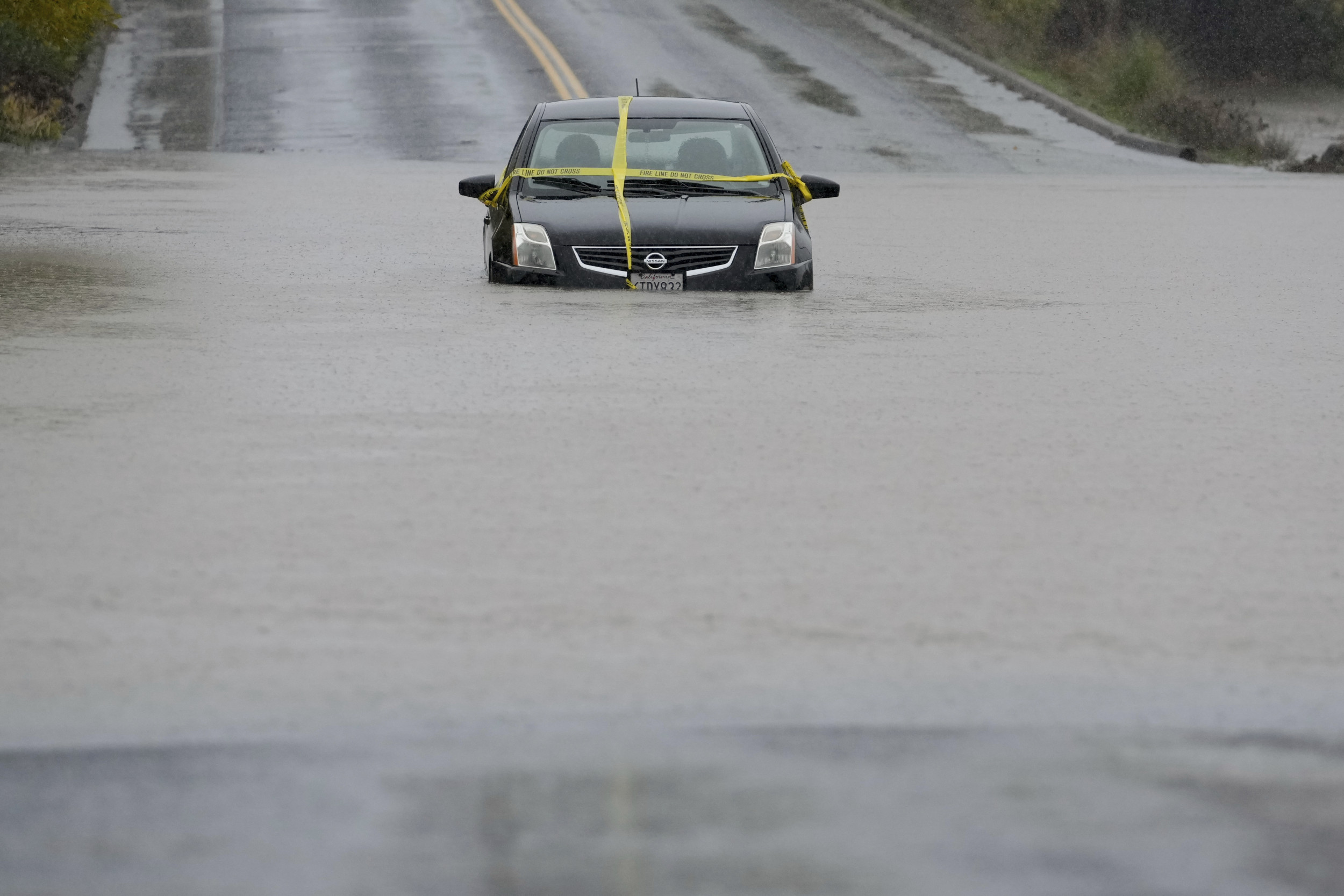An inspection by the U.S. Food and Drug Administration (FDA) of personal-care brand Tom's of Maine's production facility found "significant violations," including bacteria in the water and mold on the walls, according to a warning letter.
The letter—emailed to Colgate-Palmolive CEO Noel Wallace and dated November 5—was posted on the FDA's website on Tuesday, detailing these violations and demanding action to address them.
It says that, during an inspection of Tom's of Maine's manufacturing facility in Stanford, Maine, in May, an FDA investigator found "a black mold-like substance" at the base of a hose reel and behind a water storage tank, within one foot of equipment used for production. A similar "black mold-like substance" was also found on a wall nearby.
The letter also accuses Tom's of Maine of having multiple strains of potentially dangerous bacteria in water used in its products, in water used to clean equipment and in toothpastes produced and sold by the company.
Another accusation levied against Tom's of Maine in the letter is its "inadequate" complaints procedures.
The letter states that "approximately 400 complaints related to odor, color, and taste in your toothpaste products, including those for children, were not investigated."
Responses Given by Tom's of Maine
A spokesperson from Tom's of Maine told Newsweek: "We are confident there are no safety issues without toothpaste and that it is safe to use.
"We test every batch of toothpaste we make—including for harmful bacteria and mold—to ensure its safety before it is released for sale."
The FDA's letter includes responses that the company gave to these accusations—all of which the FDA has deemed to be "inadequate."
They include assurances that Tom's of Maine is performing a retrospective review of microbial incidents in water and in products, and that the root cause of P. yeei was due to a laboratory error.
In relation to the black mold-like substance, Tom's of Maine reportedly said that the room was thoroughly cleaned after the inspection, and the substance was located in an area susceptible to moisture accumulation, and was thus difficult to clean.
The letter relays that the company's defense for the complaints issue was that Tom's of Maine received a high number of complaints and therefore used a risk-based approach.
In practice, this meant the company investigated perceived trends in complaints, or those related to adverse events, foreign matter and incorrect products.
The Tom's of Maine spokesperson said: "We have been working with the FDA to remedy the issues raised in their May inspection of the Tom's toothpaste manufacturing plant in Sanford, Maine, including implementing additional safeguards and making capital investments as part of ongoing plant upgrades.
"Tom's is committed to continuing to make safe and effective natural products for our consumers and to maintaining the trust in our brands."

Bacteria Found in Tom's of Maine's Water and Products
The letter details that Tom's of Maine found Pseudomonas aeruginosa in multiple water samples of water used to manufacture Tom's Simply White Clean Mint Paste, and to rinse equipment.
It states that, multiple times, Tom's of Maine found "too numerous to count" Ralstonia insidosa in water used to make products that were released despite this, based on microbial testing of the finished products.
The company also reportedly found Paracoccus yeei in finished samples of Wicked Cool! Anticavity Toothpaste, but concluded this was due to sample contamination, and released the batch after retesting it.
How Does Pseudomonas aeruginosa Affect Humans?
P. aeruginosa is a bacterium that can cause serious infections, especially in people with weakened immune systems, such as cancer patients, newborns, and people with severe burns, diabetes or cystic fibrosis.
It typically affects people in hospital, and can cause infections of the blood, lungs, urinary tract, gut, skin and more.
Some strains can be resistant to antibiotics, which makes it difficult to treat. The Centers for Disease Control and Prevention estimates that, in 2017, antibiotic-resistant P. aeruginosa caused approximately 32,600 infections and 2,700 deaths in the U.S.
R. insidiosa and P. yeei are also bacteria that can cause infections in people with weakened immune systems, especially hospital patients.
Is there a health issue that's worrying you? Do you have a question about bacteria or mold? Let us know via health@newsweek.com. We can ask experts for advice, and your story could be featured on Newsweek.




















 English (US) ·
English (US) ·